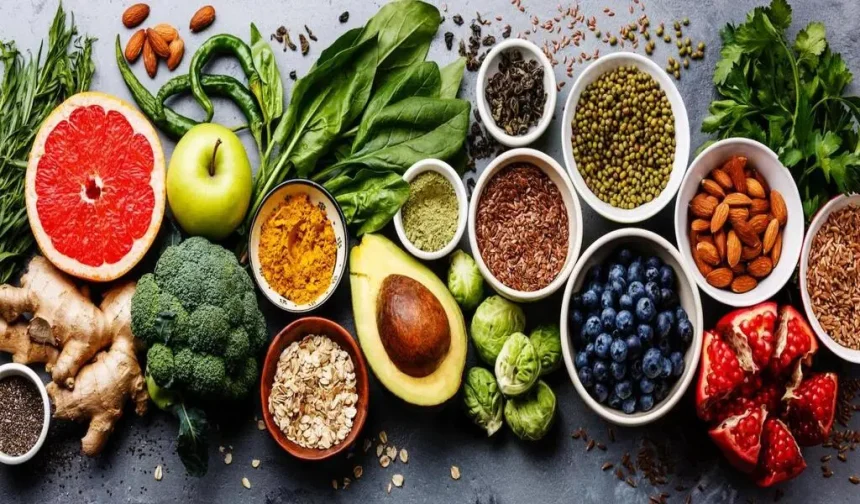(CTN News) – Taking advantage of the worldwide trend in cooking, Thailand wants to establish itself as the world’s foremost supplier of plant-based, high-protein foods, the Commerce Ministry said on Monday.
This most recent goal is in line with the quickly increasing rate of plant-based consumption, which is being fuelled by consumer desire for better diets as well as worries about the effects on the environment and animal welfare.
The Trade Policy and Strategy Office (TPSO) director-general, Poonpong Naiyanapakorn, of the Commerce Ministry, noted that plant-based food products in Thailand have a very different future than in the past and emphasized the nation’s potential as a global supplier of nutritious food raw materials.
Poonpong emphasized the agricultural wealth of Thailand while pointing out the significant advancements in the field. Thailand has a comparatively complete food industry value chain that includes agricultural production, processing, and horticulture. Thai food is well-known across the world, and the nation has the potential to become a leader in the production and export of plant-based foods.
An additional benefit is Thailand’s status as a destination for health and medical tourism. Plant-based diets are in line with the increasing attention that consumers are paying to environmental and health issues in this field.
But to support agricultural commerce, the Thai plant-based food business chain needs extensive expansion in production, processing, marketing, research, technology, innovation, databases, investment, and regulatory frameworks. This will make it possible to add value to Thai agricultural goods and establish Thailand as a centre for plant-based foods worldwide.
The market for plant-based foods is expected to be worth $25 billion by 2024, having grown at a compound annual growth rate (CAGR) of 10.5% between 2019 and 2024, according to Euromonitor.
According to the 2020 Krungthai Compass study, the plant-based market in Thailand was expected to develop at a compound annual growth rate (CAGR) of 10% from 2020 to 2024, closely following the expansion of the worldwide market.
This increase is ascribed to both changing customer preferences and government funding for manufacturing innovation and technology improvements.
A growing population worldwide, the effects of climate change on food security, an ageing population, and advancements in agriculture and food processing technologies are further motivating factors.
Source: Nationthailand

Anna Wong serves as the editor of the Chiang Rai Times, bringing precision and clarity to the publication. Her leadership ensures that the news reaches readers with accuracy and insight. With a keen eye for detail,














